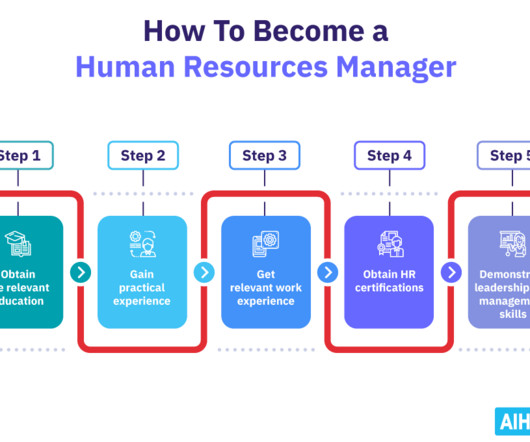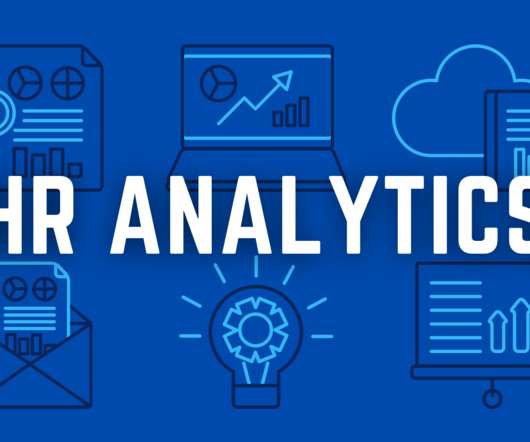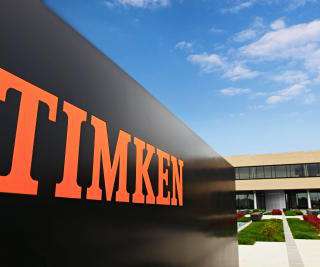Talent Management vs. Performance Management: What’s the Difference?
Extensis
NOVEMBER 9, 2023
Quick look: While the terms talent management and performance management are often used interchangeably, they play different (yet equally important) roles in a company’s human resource function. While the two terms may seem similar, they represent distinct approaches with unique objectives.



























Let's personalize your content